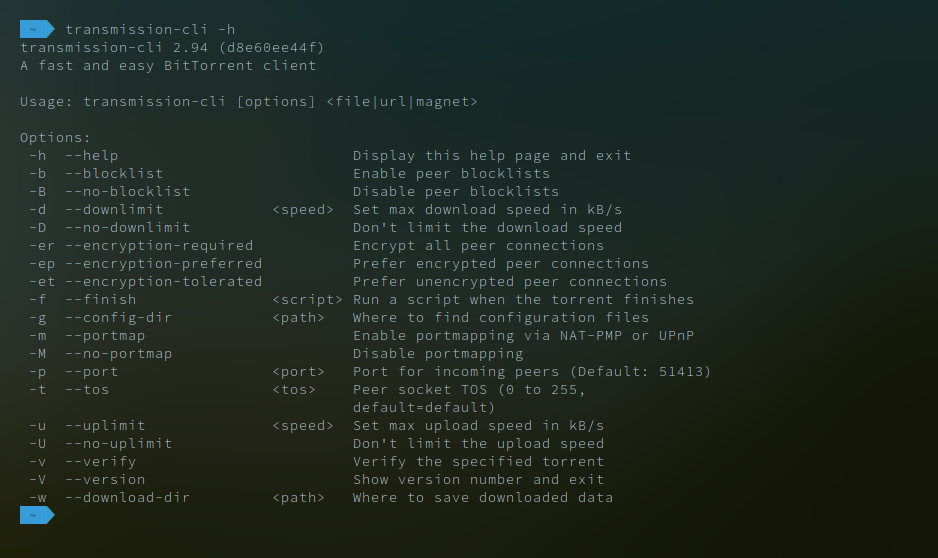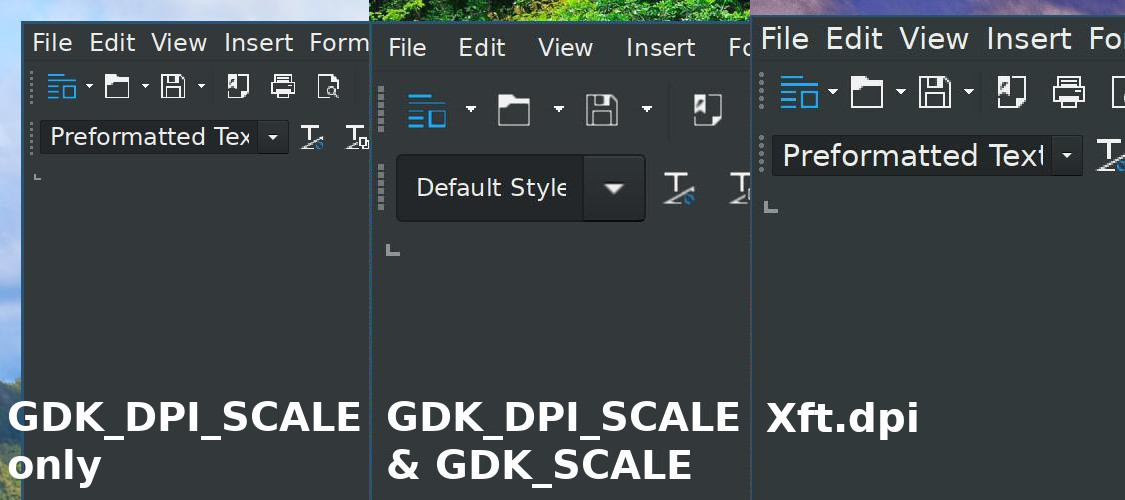The National Portrait Gallery in London is threatening to sue an American who downloaded high-resolution digital copies of paintings from their website and uploaded them to Wikipedia. The catch: all of the paintings have long been in the public domain. In the States, this would be a problem. American copyright law requires some “spark” of creativity on the part of the person claiming copyright. It’s not really hard to demonstrate such a spark, but a simple scan of a public domain painting certainly would not qualify. But under UK copyright law, the standard is “sweat of the brow”. The amount of labour and skill it takes to faithfully reproduce the paintings would be enough to grant copyright in a new work (the digital photos). So of course the NPG wish to sue in the UK, arguing that the NPG servers are based in the UK and that Wikipedia is targeted at British users too. (Disclaimer: jurisdiction is not my strongest point.) On the first argument, I think they’re wrong. The guy had every right to download the images from the UK servers and following that everything he did was done in the States (where the copyright is not recognized). You can’t sue somebody just because what they did in another country would have infringed on a right had they done it in your own. On the second, I kind of think they’re grasping. By that logic, they could sue the guy in any country they wanted. There’s a contractual argument as well, but it’s not detailed well in the demand letter. It appears to be based on an implied contract because there was a “License this image” link on the website.
There’s something annoying to me about government-funded organizations that archive public domain work acting to keep that work out of the public domain. I understand that they go to a lot of expense to scan these images, but isn’t the whole point of museums to share culture?


Recent Comments